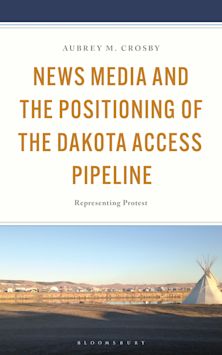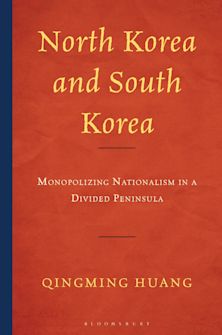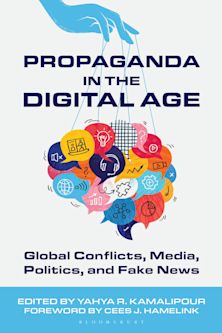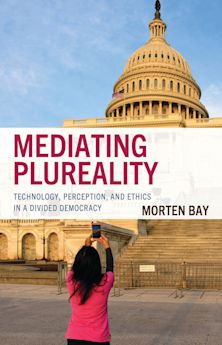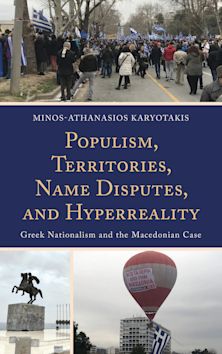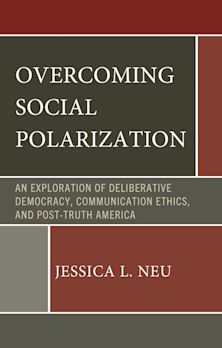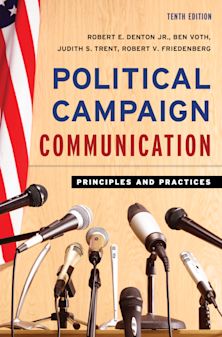Communicating Global Crises
Media, War, Climate, and Politics
Communicating Global Crises
Media, War, Climate, and Politics
This product is usually dispatched within 2-4 weeks
- Delivery and returns info
-
Flat rate of $10.00 for shipping anywhere in Australia
Description
In view of the tumultuous, conflictual, and divisive global environment; Russia's military attack on Ukraine; and anti-government uprisings in Iran and elsewhere, this timely book explores the crucial roles that media, war, religion, and politics play in impacting people and forming public opinion around the world.
Prominent and accomplished experts in media, communication, politics, journalism, international relations, global studies, and cultural studies around the globe come together to present a vital resource for all decision-makers at local, national, and international levels. Multicultural and multidisciplinary contributors methodically research, assess, write, and present their findings through a variety of content and discourse analysis.
This significant collaborative book provides a valuable and much-needed global discourse and analysis of our increasingly divided nations and world. In this eclectic and multidisciplinary volume, contributors focus on various issues including the rise of nationalism, militarism, fake news, climate crisis, media corporations, economic inequalities, inequality, refugee crisis, cultural representations, social media, human interactions, information warfare, propaganda, and emergence of a new world order.
Table of Contents
Yahya R. Kamalipour, North Carolina A&T State University
John V. Pavlik, Rutgers, the State University of New Jersey
Part I. The Global Context
1. Contemporary Geopolitics, War, and Media: A Historical Context
Lee B. Artz, Purdue University Northwest
Part II. Political Ideologies
2. Revisiting the Clash of Civilizations' Debate: What has Changed 30 Years Later?
Raymond Taras, Tulane University
Part III. Social Media and Politics
3. Censorship, Social Media Corporations, and their Connections with US Foreign Policy Think Tanks
David J. Park, Florida International University
4. The World Leaders on Social Media
Alexander Laskin, Quinnipiac University
Part IV. Media and Propaganda
5. Propaganda: Disinformation, Misinformation, Fake News, and Manipulation
Marina Vujnovic, Monmouth University, and Dean Kruckeberg, University of North Carolina Charlotte
Part V. Media and Conflicts
6. Russia, Ukraine, and the Court of Public Opinion
Richard Gershon, Western Michigan University
7. Re
Product details
| Published | 15 Aug 2023 |
|---|---|
| Format | Hardback |
| Edition | 1st |
| Extent | 302 |
| ISBN | 9781538181843 |
| Imprint | Rowman & Littlefield |
| Illustrations | 2 b/w illustrations; 14 tables; |
| Dimensions | 238 x 158 mm |
| Publisher | Bloomsbury Publishing |
Reviews

ONLINE RESOURCES
Bloomsbury Collections
This book is available on Bloomsbury Collections where your library has access.












